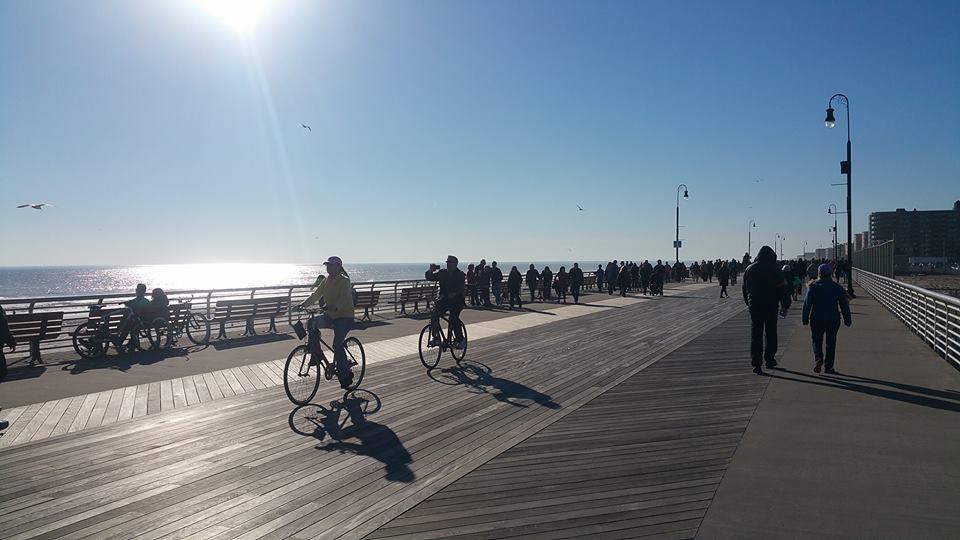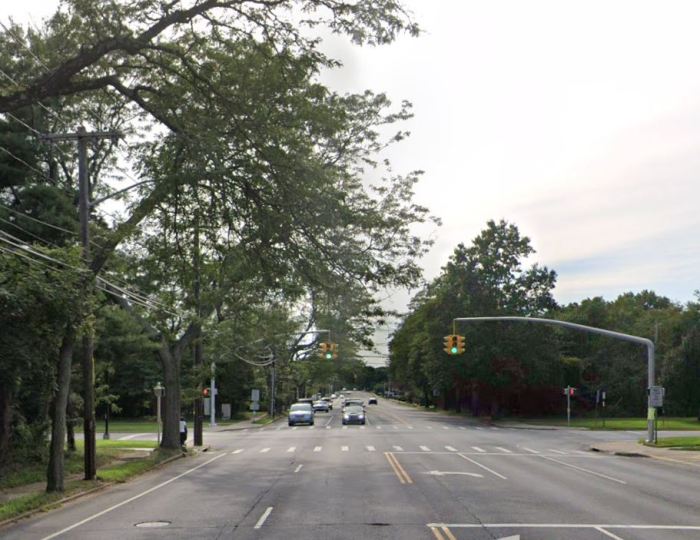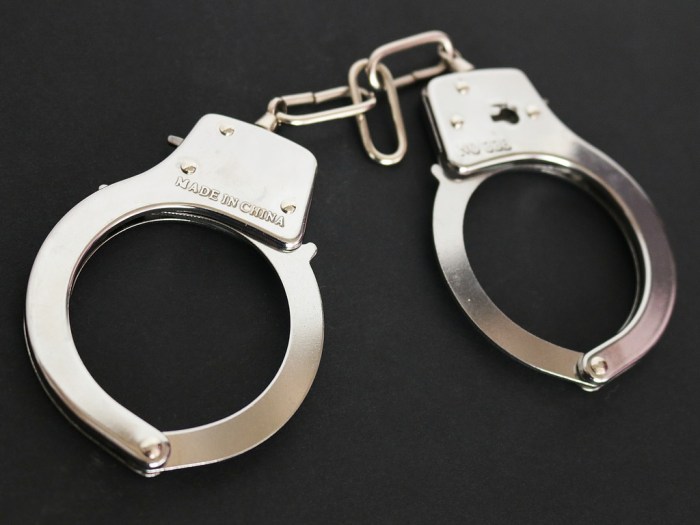The Long Beach City Council Tuesday night voted down a hotly debated measure that would’ve allowed alcohol sales along the boardwalk.
The 4-1 vote opposing the ordinance came after impassioned comments from people on both sides of the issue, including representatives for the Long Beach Chamber of Commerce and an underage drinking prevention organization.
“I appreciate what the vendors are doing, I appreciate the creativity,” said City Councilman Scott Mandel, who voted “no” out of concern with how the resolution wad drafted.
“What is out vision of the city with respect to the overall boardwalk? Are we committed to creating safe spaces for our children?” said city councilwoman Anise Moore, who also opposed the measure.
The proposal would have amended the city’s lease agreements with four concession operators on the boardwalk, which serve food but are prohibited from selling alcohol.
Prior to the vote, council members questioned potential liability issues facing the city.
“What are the liabilities to the city with regard to this industry?” said City Council President Len Torres. “Because it really technically brings the city government into the business of alcohol. What are our responsibilities—legal responsibilities—for this?”
The council meeting attracted a large crowd, many of whom clapped enthusiastically when supporters of the ordinance spoke about the potential benefits of approving alcohol sales.
The measure’s chief opponent was Long Beach Aware, an underage drinking prevention group that itself became the topic of much debate during the meeting, with speakers questioning the group’s statistics.
Judi Vining, executive director of Long Beach Aware, warned council members that there’s a connection to “outlet density”—the number of businesses that serve alcohol—and the prevalence of underage drinking.
According to the group’s statistics, Long Beach 11th graders are 20 percent more likely to have consumed alcohol in the past 30 days than their Nassau County counterparts.
“It’s not something we’re very proud of,” Vining said. “It’s something we‘re worried about, and should be worried about.”
Among those who supported the ordinance was the Long Beach Chamber of Commerce. Chamber member Jamie Lynch took exception with the notion that such sales would harm the quality of life in the city and the boardwalk’s appeal.
“People are under the perception that the boardwalk is going to be booze-filled and cups all over the place, and that’s not the case,” Lynch said, adding that the proposed ordinance protects against open containers on the boardwalk and the beach.
“The chamber always wants to see business open and flourish,” he added.
A representative of the concessionaires said they had gathered more than 1,000 signatures from residents backing the ordinance. She said the establishments were committed to setting tough restrictions to prevent underage drinking and reminded council members that beachgoers are already known to sneak drinks onto the beach. Despite that, there had been no drowning deaths in recent years connected to alcohol consumption.
Roy Lester, a lifeguard of more than 40 years, countered that the quality of lifeguards has prevented such deaths.
“Alcohol and the ocean don’t mix,” he said.
Debate over the issue went on for more than two hours. At the end, it was not meant to be.
“I think I’m going to side on the side of safety,” said Torres, who said he had two family members die from cirrhosis of the liver.



































